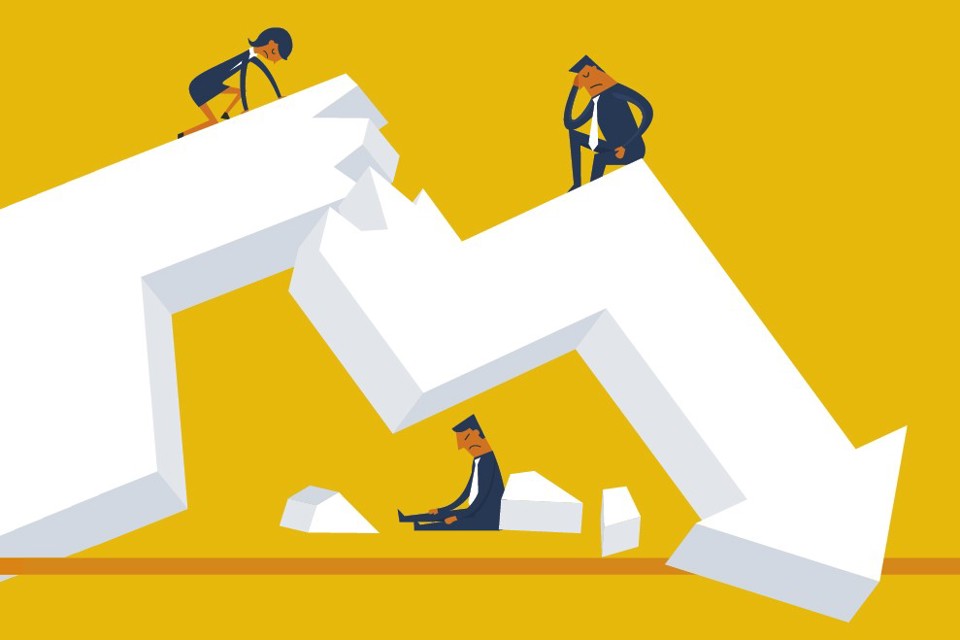Car retail businesses have been told to focus on gross profit and cutting expenditure as a period of ‘stagflation’ is ushered in by sustained inflation and rising unemployment.
The bleak outlook was laid bare in the latest edition of Cox Automotive’s Autofocus quarterly insight paper, which is produced in partnership with Grant Thornton.
As demand for vehicles looks likely to reduce, it looks increasingly likely that retail businesses will once again be forced to cut headcount or wage bills to remain profitable, emulating the tough decisions taken by many during COVID-19 lockdown periods.
While Grant Thornton’s head of downstream automotive Owen Edwards said: “While unemployment levels are currently low, inflationary pressures combined with a slowing economy will force companies to take steps to maintain their profitability.
“As a result, businesses will likely face the prospect of cutting their wage bills amid weakening consumer demand.
“In addition, the BoE has already forecast an increase in unemployment that will, in turn, further dent consumer confidence.”
 Cox Automotive’s insight and strategy director Philip Nothard said: “At the start of the pandemic, our focus was on identifying the practical steps businesses could take amid deteriorating economic conditions. Our thoughts remain the same. We still advocate that companies should employ a strategy of ‘focus and grip’.
Cox Automotive’s insight and strategy director Philip Nothard said: “At the start of the pandemic, our focus was on identifying the practical steps businesses could take amid deteriorating economic conditions. Our thoughts remain the same. We still advocate that companies should employ a strategy of ‘focus and grip’.
“Consumer confidence has weakened, which led us to downgrade our new and used forecasts for the year. However, the sector has survived challenging times and is well positioned to get through this sticky period.”
Last month the Bank of England warned that the UK was set to enter a lengthy period of recession this winter as rising energy, fuel and food costs send inflation soaring.
It raised interest rates to 1.75% in a bid to stem inflation after it reached 9.1% in May with the threat of an increase in the energy price cap to over £4,200 in January 2023 threatening to see it rise well into double figures.
“The Bank of England has indicated that inflation could rise as high as 13% in the coming quarters; if this is the case, the average UK consumer will feel poorer in the future than they feel now unless wages increase at a faster rate. This is unlikely to happen: wage inflation only reached 4.2% from February to April 2022 and pay fell by 2.2% in real terms.
“As higher inflation outstrips wage growth, the average consumer will have less money to spend and feel less confident in spending their money.”
Yesterday, in his mid-month interview with AM about the used car sector’s performance, Cap HPI director of valuations Derren Martin suggested that increased vehicle supplies could coincide with falling consumer demand to spark a decline in values later this year.
He stated that the “stable” market was unlikely to see large declines in used car values, however.















Login to comment
Comments
No comments have been made yet.